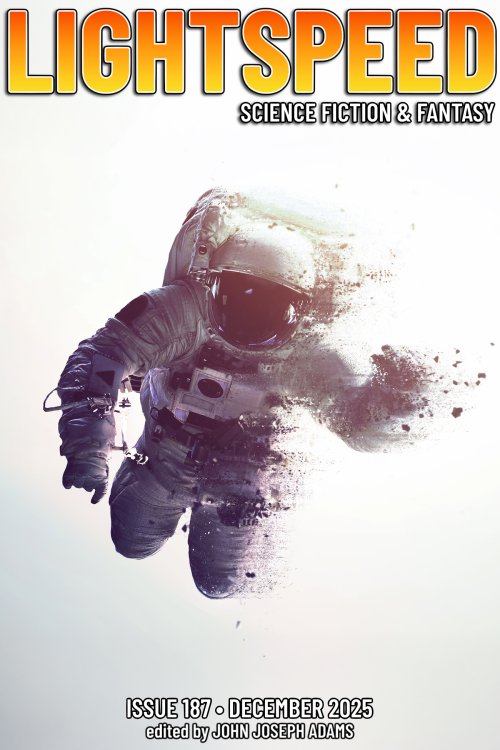Nonfiction
Best Lightspeed Magazine Story of 2010 Poll and Contest
Now that we’ve bid 2010 goodbye, it’s time to take a fond look back. We had an excellent year for fiction and many of our stories have been picked up for Best Of volumes. We’d like to give our readers the chance to tell us what their favorite stories are, though. You’re the reason we can keep publishing amazing stories, so you should get a say. Thus, our first annual Lightspeed Magazine Story Poll!








